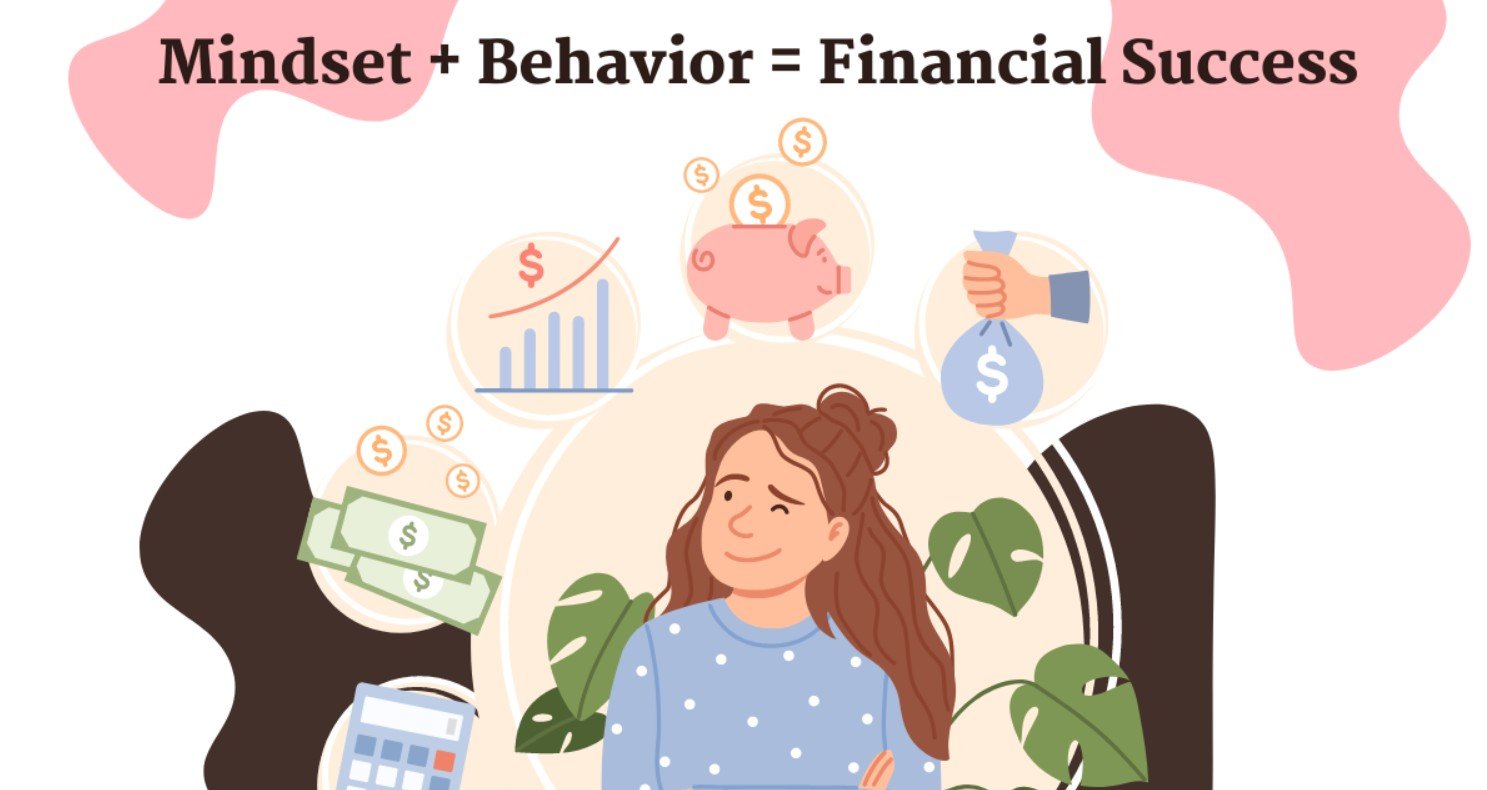In today’s fast-paced world, it’s easy to forget to prioritize our financial health alongside our emotional, physical, and mental well-being. Financial self-care is a concept that merges the importance of managing your finances effectively while nurturing a mindset of abundance, balance, and wellness. By learning how to care for your finances with the same dedication you give to other aspects of your life, you can create a sustainable path to both wealth and peace of mind. In this article, we’ll explore practical ways to incorporate financial self-care into your life, how it ties into overall wellness, and how overcoming spiritual money blocks can unlock a higher level of prosperity.
What is Financial Self-Care?
Financial self-care is the practice of taking deliberate actions to manage your financial health in ways that support your overall well-being. It’s not just about saving money, paying off debt, or budgeting—it’s about having a healthy relationship with your finances and adopting a mindset that fosters growth, responsibility, and abundance. Just as self-care practices like exercise, healthy eating, and meditation nurture your body and mind, financial self-care focuses on building habits and mindsets that strengthen your financial position and reduce stress.
When you integrate financial self-care into your routine, you build a foundation of security, stability, and peace. This, in turn, can lead to greater mental clarity, enhanced decision-making, and improved quality of life.
Key Elements of Financial Self-Care
Financial self-care is about more than just numbers. It encompasses emotional and psychological wellness in relation to money. Below are the key elements of financial self-care that can transform your financial journey:
1. Mindful Spending
Mindful spending is a practice where you become fully aware of how and where you allocate your money. Instead of mindlessly swiping your card or purchasing items based on impulse, mindful spending encourages you to take a step back, evaluate your purchases, and consider whether they align with your values and goals. This practice can be transformative by helping you avoid overspending and create a budget that works for you.
2. Building Emergency Savings
An essential component of financial self-care is ensuring you have a safety net in place. By building an emergency savings fund, you give yourself the freedom to handle unexpected expenses without spiraling into debt. Financial experts recommend setting aside at least three to six months of living expenses in a readily accessible savings account. This safety cushion provides a sense of security, enabling you to focus on long-term financial goals.
3. Debt Management
Managing debt is a crucial aspect of financial self-care. It can be overwhelming to navigate student loans, credit card debt, or mortgages. However, by developing a plan to pay down debt strategically, you reduce financial stress and free up resources for future opportunities. Strategies such as the debt snowball method, where you focus on paying off smaller debts first, or the debt avalanche method, where you target high-interest debt, can help you achieve financial freedom.
4. Investing in Your Future
Financial self-care also involves planning for the future. This includes retirement planning, creating investment strategies, and securing your financial future through various means. Whether you choose to invest in stocks, real estate, or retirement accounts, having a strategy in place allows you to build wealth and ensure that you are prepared for life’s eventualities.
The Connection Between Financial Self-Care and Mental Health
The benefits of financial self-care extend beyond your bank account. Taking control of your finances can have a profound impact on your mental health. Studies show that financial stress is a significant contributor to anxiety, depression, and overall unhappiness. However, by taking steps to manage your finances effectively, you can reduce these stressors and foster a sense of control over your life.
For example, creating a budget and sticking to it can alleviate the anxiety of living paycheck to paycheck. Similarly, building an emergency savings fund and tackling debt can significantly reduce the stress of not knowing how you’ll handle unforeseen expenses.
Moreover, financial self-care provides an emotional benefit by empowering you to make decisions that are in alignment with your values and goals. When you feel empowered about your finances, you gain confidence, which positively affects all areas of your life.
How to Cultivate Financial Self-Care Practices
It’s easy to feel overwhelmed when you’re just beginning to implement financial self-care practices. But the key is to start small and be consistent. Here’s how you can begin:
1. Set Financial Goals
Begin by setting clear financial goals. Ask yourself what you want to achieve—whether it’s paying off debt, buying a home, or building an emergency fund. By having specific, measurable goals, you give yourself a roadmap for success.
2. Track Your Spending
Use tools or apps to track your spending habits. This will help you understand where your money is going and identify areas where you can cut back. It’s important to be aware of your financial situation before you can make improvements.
3. Educate Yourself About Finances
Financial literacy is a key component of financial self-care. The more you understand about how money works, the better equipped you’ll be to manage it effectively. Take the time to learn about investing, budgeting, taxes, and other financial topics.
4. Develop Healthy Financial Habits
Adopting healthy financial habits is essential for maintaining long-term financial wellness. This could include things like automating savings, paying bills on time, and avoiding high-interest loans. The goal is to create a system that supports your financial security and helps you build wealth over time.
Spiritual Money Blocks: A Hidden Barrier to Financial Freedom
As you start to implement financial self-care, you might come across a deeper issue that is impacting your financial wellbeing: spiritual money blocks. These are unconscious beliefs, fears, or emotional patterns that prevent you from fully embracing abundance and wealth. Spiritual money blocks are often tied to past experiences, cultural conditioning, or negative associations with money.
For example, you might have grown up with the belief that money is “bad” or that there’s never enough to go around. These limiting beliefs can create barriers that hinder your financial growth and cause you to sabotage opportunities for success.
Addressing spiritual money blocks requires self-awareness and a willingness to explore your thoughts and feelings about money. By doing so, you can uncover these blocks and begin to release them, allowing for greater prosperity and a healthier relationship with money.
Conclusion: Embrace Financial Self-Care for a Wealthier, Happier Life
Financial self-care is about more than just managing money—it’s about creating a mindset and lifestyle that supports your financial, emotional, and spiritual well-being. By practicing mindful spending, building savings, managing debt, and investing in your future, you can improve your financial health and reduce stress.
Remember, the journey to financial freedom isn’t just about numbers; it’s about cultivating a healthy relationship with money and adopting habits that promote abundance. If you find that spiritual money blocks are standing in your way, take the time to address these underlying beliefs, as doing so can unlock a path to greater wealth and a deeper sense of prosperity. Start today, and begin your journey to financial self-care for a better, more fulfilled life.















Leave a Reply